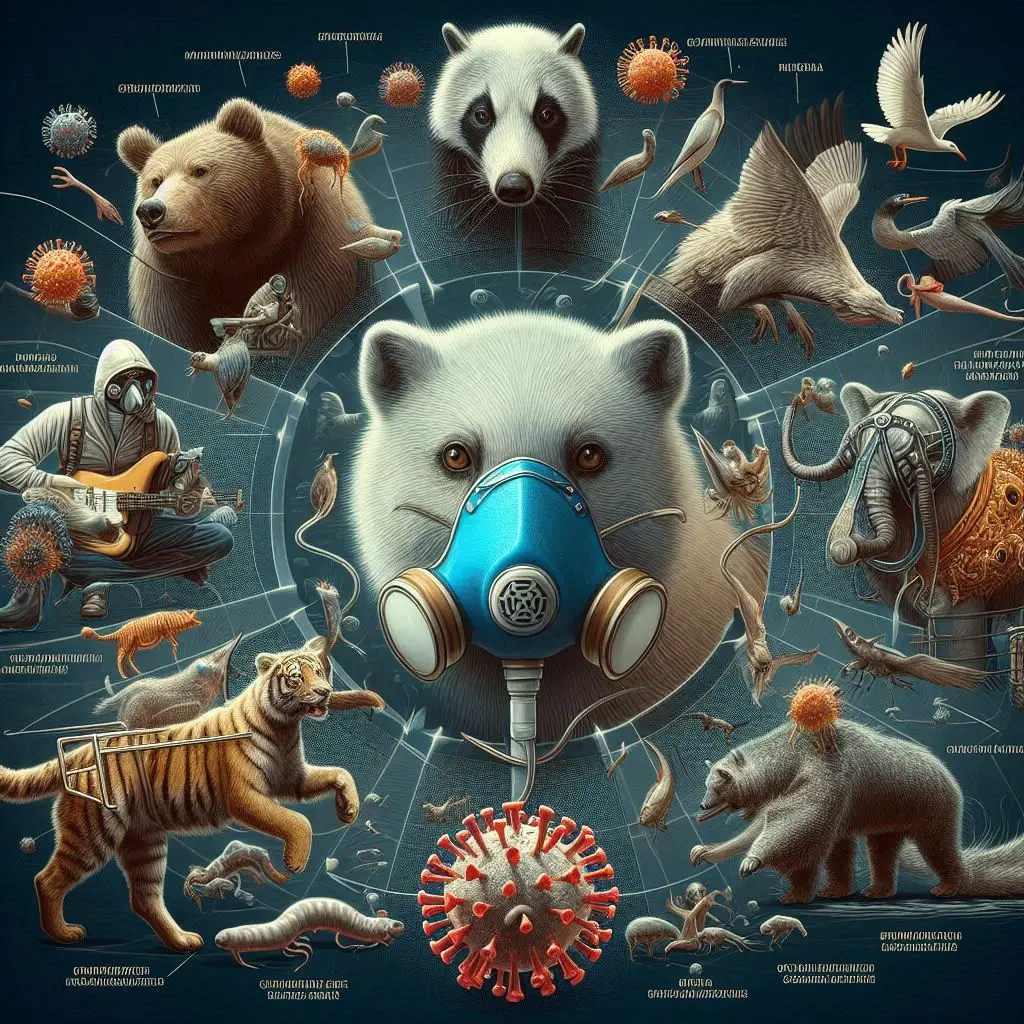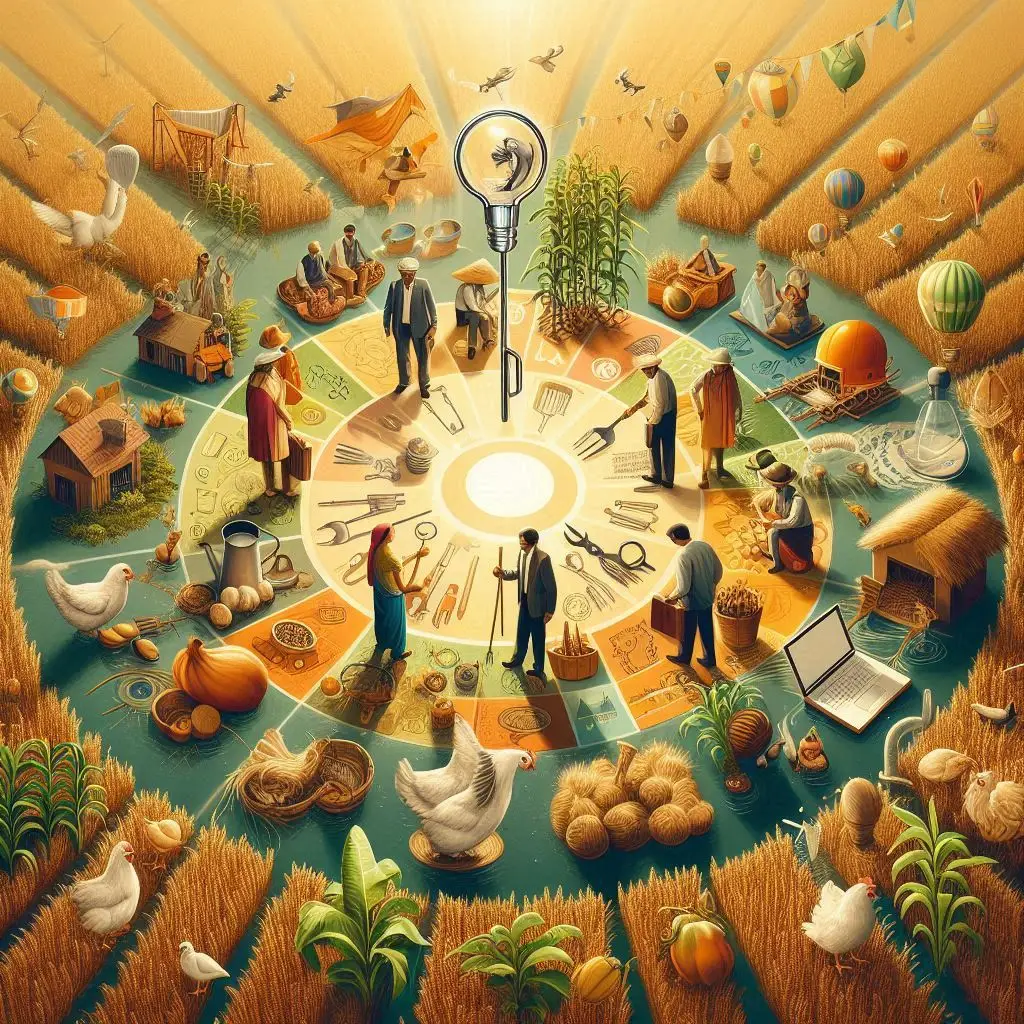OIE Regulations, WTO, Sanitary and Phytosanitary Measures

Introduction
International trade plays a vital role in our global economy. However, it also brings challenges, especially concerning health risks. To address these challenges, two key organizations—the World Organisation for Animal Health (OIE) and the World Trade Organization (WTO)—have established frameworks for regulating sanitary and phytosanitary measures. This article explores how these regulations work together to protect human, animal, and plant health while facilitating trade.
What are Sanitary and Phytosanitary Measures?
Sanitary and phytosanitary measures refer to the laws, regulations, and procedures aimed at protecting human, animal, and plant life from diseases, pests, and contaminants. These measures are crucial for ensuring food safety and maintaining public health.
Importance of SPS Measures
- Protect Health: SPS measures help prevent the spread of diseases and pests across borders.
- Facilitate Trade: By establishing clear standards, these measures promote fair trade practices.
- Enhance Consumer Confidence: Well-regulated food safety standards build trust among consumers.
The Role of the WTO in SPS Measures
The WTO Agreement on the Application of Sanitary and Phytosanitary Measures (SPS Agreement) was established in 1995. Its primary goal is to ensure that countries can implement necessary health measures while minimizing unnecessary trade barriers.
Key Principles of the WTO SPS Agreement
- Scientific Justification: Measures must be based on scientific evidence. Countries should not impose restrictions without valid data.
- International Standards: Countries are encouraged to align their measures with those set by international organizations, including the OIE.
- Transparency: Nations must notify the WTO about changes to their SPS measures, ensuring that trading partners are informed.
- Risk Assessment: Countries should conduct risk assessments to justify their measures, especially if they exceed international standards.
The Role of the OIE in Setting Standards
The OIE is responsible for developing international standards related to animal health. It provides guidelines that countries can follow to ensure their SPS measures are effective and scientifically sound.
OIE Standards and Guidelines
- Health Codes: The OIE publishes health codes that outline standards for animal health and welfare.
- Risk Assessment Guidelines: The OIE offers frameworks for conducting risk assessments, helping countries evaluate potential health risks.
- Equivalence: The OIE promotes the concept of equivalence, allowing countries to recognize each other’s measures as providing the same level of protection.
Interplay Between WTO and OIE
The relationship between the WTO and OIE is essential for effective global trade regulation. While the WTO focuses on trade rules, the OIE provides the necessary health standards. Together, they create a framework that balances trade facilitation and health protection.
How They Collaborate
- Standard Setting: The OIE develops health standards that the WTO encourages its members to adopt.
- Dispute Resolution: Both organizations work together to resolve disputes related to sanitary measures, ensuring fair trade practices.
- Capacity Building: They provide training and resources to help countries implement effective SPS measures.
Challenges in Implementing SPS Measures
Despite the robust frameworks established by the WTO and OIE, challenges remain in implementing SPS measures effectively.
Common Challenges
- Lack of Resources: Some countries struggle with limited resources to implement and monitor SPS measures.
- Political Barriers: Trade disputes can arise due to differing interpretations of health standards.
- Scientific Disagreements: Countries may disagree on the scientific basis for certain measures, leading to conflicts.
Best Practices for Countries
To effectively implement SPS measures, countries should consider the following best practices:
1. Conduct Regular Risk Assessments
Countries should perform regular assessments to identify potential health risks. This practice helps justify the need for specific SPS measures.
2. Foster International Collaboration
Engaging in dialogue with other countries can help harmonize standards and reduce trade barriers. Countries should share data and best practices to improve overall health protection.
3. Invest in Capacity Building
Governments should invest in training and resources to enhance their ability to implement SPS measures effectively. This investment can lead to better compliance with international standards.
Conclusion
The collaboration between the OIE and WTO is crucial for ensuring safe international trade. By establishing clear sanitary and phytosanitary measures, these organizations protect human, animal, and plant health while facilitating trade. Countries must continue to work together, share knowledge, and invest in capacity building to overcome challenges and enhance global health security.
For more pearls of Vets Wisdom:
https://wiseias.com/partitioning-of-food-energy-within-animals/






Responses